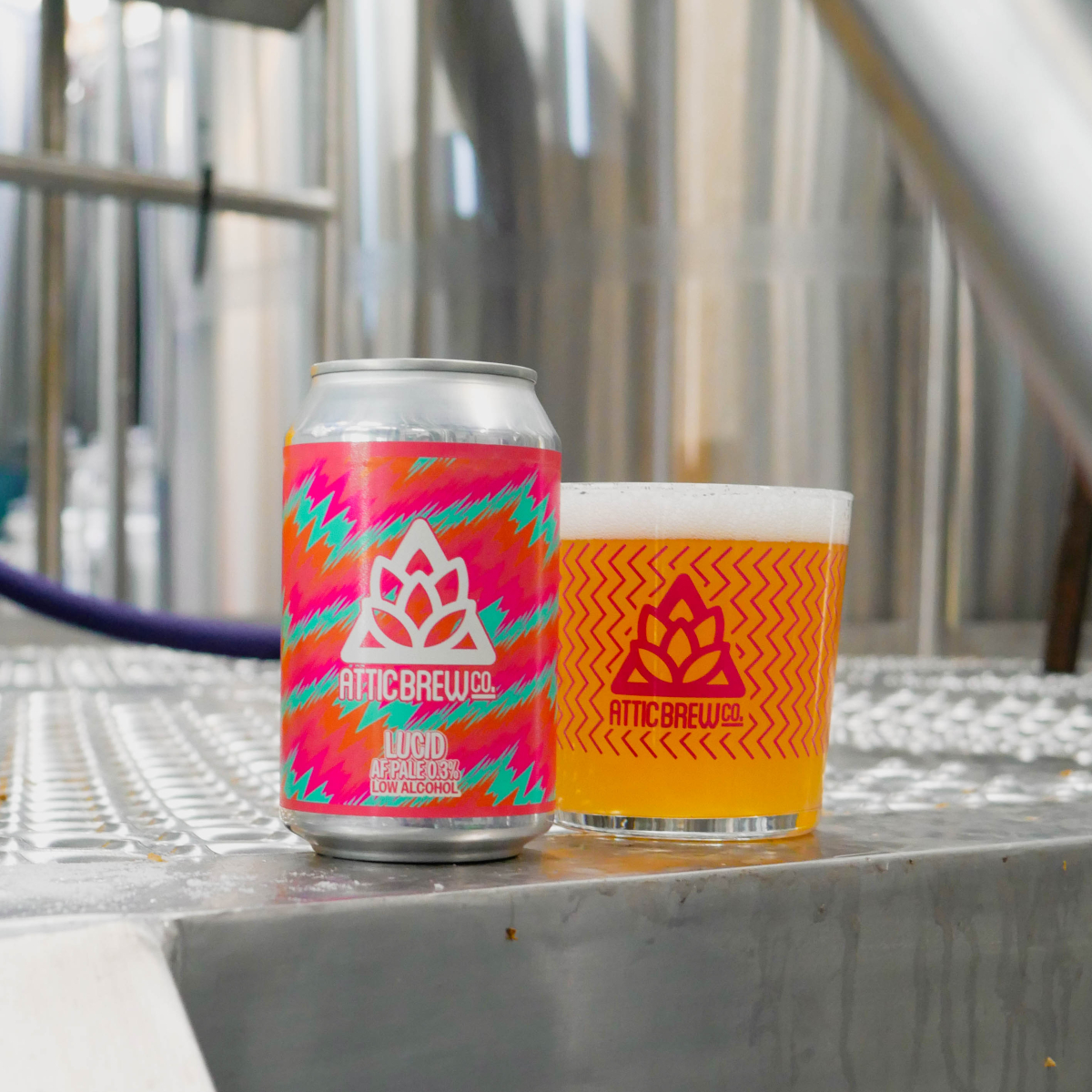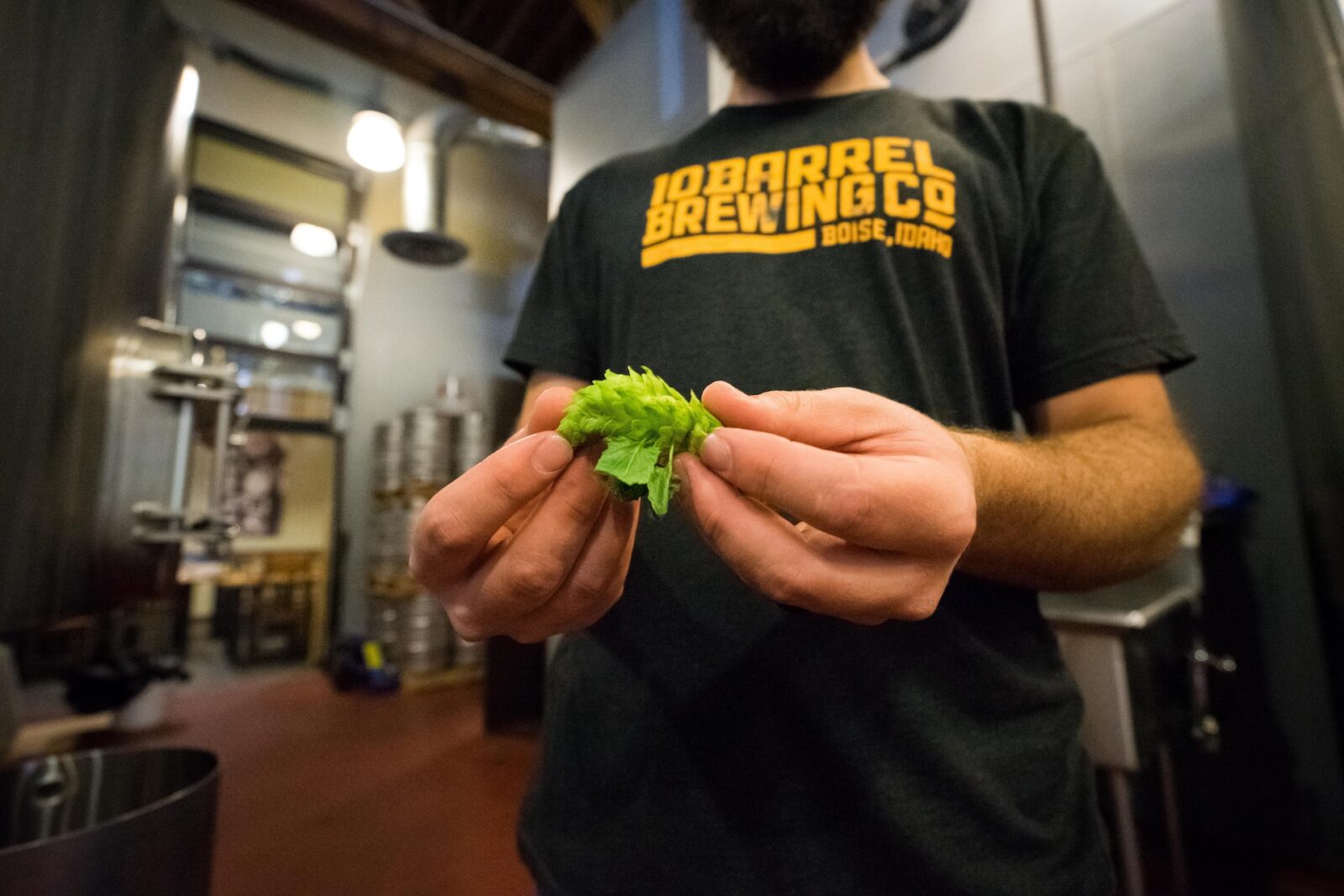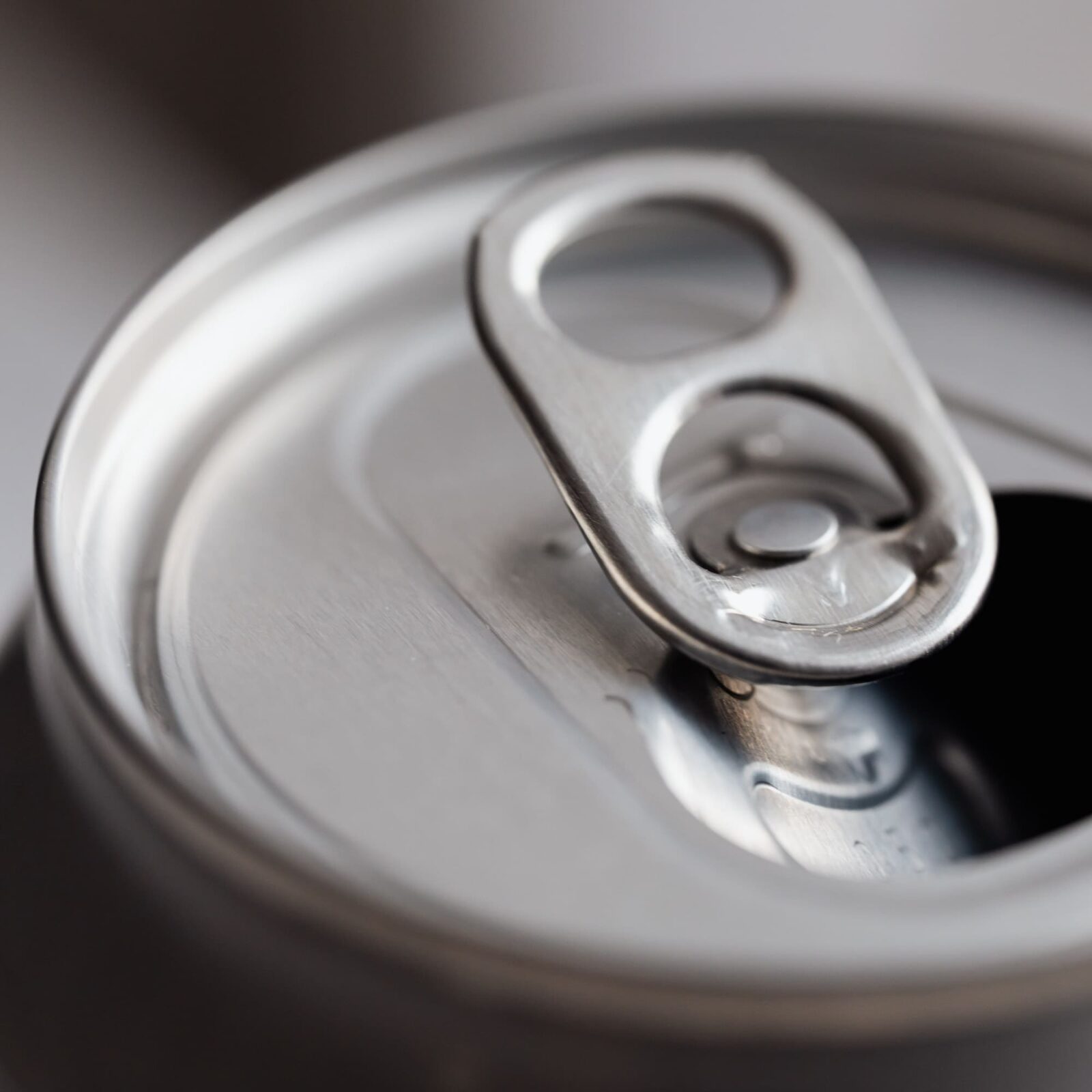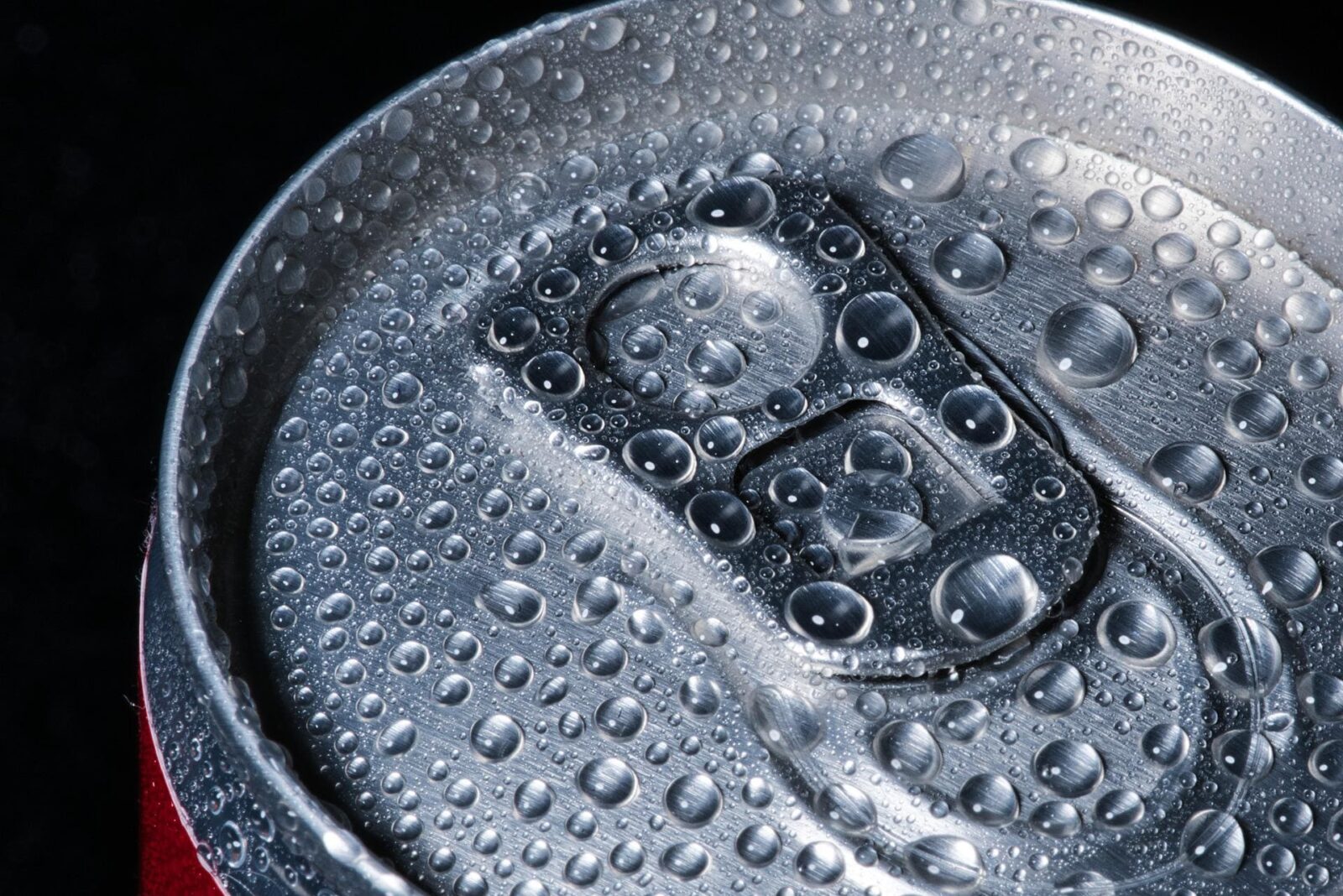Attic Brew Co, a fast-growing Birmingham craft brewery, has received a grant under the West Midlands Combined Authority’s energy efficiency scheme to reduce its carbon emissions by 65 tonnes annually and save £30,000 in energy costs.
As the craft beer industry continues to grow, it’s essential for breweries to prioritize sustainability. Adopting eco-friendly practices not only benefits the environment but also enhances your brand reputation and can lead to long-term cost savings. In this article, we will explore ten practical ways in which craft breweries can become more sustainable.
For Colorado, Recycling Day was far from a cause for celebration – the state’s aluminum can recycling rate is dismal. According to experts, only 16% of cans are recycled in Colorado, the birthplace of canned craft beer. That number is even lower than the national average, which is only about 50%. Clearly, there is a need for improvement.
The European Commission has released its proposals for EU-wide rules on packaging to ‘tackle this constantly growing source of waste and of consumer frustration’. But what will this mean for the beverage industry?
UK brewers are taking “huge steps” to be more environmentally friendly with an expanded, targeted roadmap being launched to help the sector decarbonise at pace to reach net zero.
Less than half of beverage cans in the US are currently recycled: but US can manufacturers want to see 80% recycled by 2040 and 90% by 2050. So how can these goals be reached?
Brewers’ spent grain may offer a novel source of prebiotics, according to a new study from Anheuser-Busch InBev that found arabinoxylan from the waste may boost bifidobacterial levels in the human gut.





